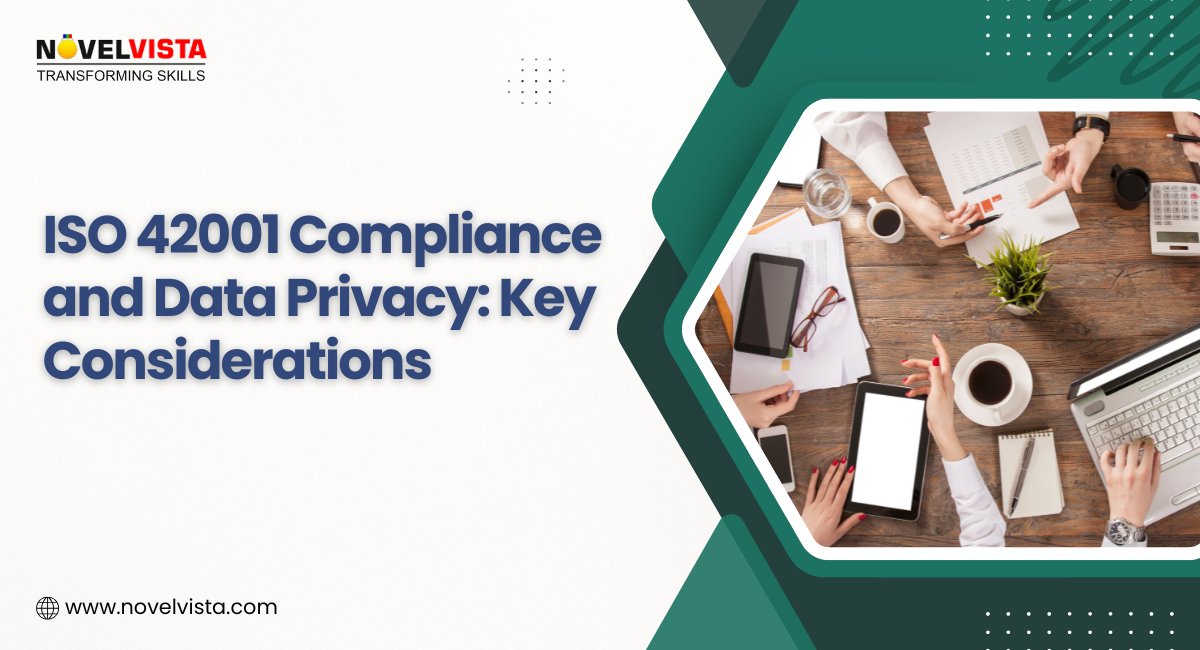
As organizations around the world embrace artificial intelligence (AI) technologies to enhance productivity, personalization, and operational efficiency, concerns surrounding data privacy have become more critical than ever. With AI systems handling massive amounts of personal, behavioral, and sensitive data, the need for structured governance is undeniable. This is where ISO 42001 Compliance becomes highly relevant.
Understanding ISO 42001 in the Context of AI and Data Privacy
ISO/IEC 42001:2023 is the world’s first AI Management System Standard that provides requirements and guidance for establishing, implementing, maintaining, and improving an Artificial Intelligence Management System (AIMS). Unlike earlier standards that focused purely on cybersecurity or data governance, ISO 42001 places specific emphasis on the ethical, transparent, and trustworthy use of AI.
From a data privacy standpoint, ISO 42001 mandates organizations to identify, evaluate, and mitigate risks related to personal data usage in AI systems. It recognizes that AI can unintentionally amplify biases, infringe on individual rights, and process data beyond its original intent. Therefore, ISO 42001 provides a structured framework for ensuring AI deployment aligns with privacy expectations and global regulations like GDPR, CCPA, and India’s Digital Personal Data Protection Act.
Key Privacy Considerations Under ISO 42001
1. Data Minimization and Purpose Limitation
AI systems are often trained on large datasets, some of which may include personal or identifiable information. ISO 42001 emphasizes the importance of using only the minimum necessary data for specific AI functions. Organizations are required to define clear data usage purposes and avoid repurposing the data without proper consent or lawful basis.
This principle helps ensure that AI systems do not become "black boxes" that silently collect, analyze, and misuse user data.
2. Transparency and Explainability
One of the major challenges with AI is its opaqueness — many systems are so complex that even developers can’t fully explain their outputs. ISO 42001 encourages organizations to enhance transparency by documenting how data is collected, processed, and used in AI-driven decisions. Moreover, organizations must provide users with meaningful information about the logic involved in AI outputs when their personal data is affected.
Explainability not only builds trust with users but also supports compliance with privacy regulations that mandate informing individuals about automated decision-making.
3. Privacy Impact Assessments for AI
ISO 42001 requires regular risk and impact assessments tailored to AI systems. This includes evaluating how personal data is used, the potential consequences of a data breach, and how to prevent discriminatory outcomes. Organizations must assess these risks across the full AI lifecycle — from data collection and model training to deployment and monitoring.
Conducting AI-specific privacy impact assessments ensures proactive identification and mitigation of threats before they harm data subjects or result in regulatory non-compliance.
4. Informed Consent and User Rights
Privacy laws worldwide stress the importance of obtaining valid, informed consent before processing personal data — especially for automated decision-making. ISO 42001 encourages aligning AI governance policies with these requirements by integrating mechanisms to collect consent and honor user rights, such as the right to access, rectify, or erase personal data.
Designing AI systems that respect user autonomy and preferences is a key element of ethical and compliant AI development.
5. Data Security and Integrity
Even the most privacy-conscious AI system can become a risk if it lacks robust security controls. ISO 42001 integrates security measures as a core requirement, ensuring the integrity, availability, and confidentiality of data used in AI. This includes access control, encryption, audit logs, and real-time monitoring.
Effective data protection safeguards reduce the chances of breaches and help build public trust in AI technologies.
Aligning ISO 42001 with Other Privacy Standards
Organizations already adhering to ISO/IEC 27001 (Information Security Management System) or ISO/IEC 27701 (Privacy Information Management System) will find ISO 42001 to be complementary. It allows for integrated risk assessments and combined audits, minimizing duplication of effort.
Furthermore, ISO 42001 provides the AI-specific layer necessary to address emerging privacy challenges not covered by older standards, such as deep learning bias, data drift, and AI hallucinations.
Conclusion
In today’s data-driven era, businesses can no longer afford to treat privacy as an afterthought — especially when deploying AI. ISO 42001 serves as a robust framework to not only govern the development and use of AI technologies but also ensure that data privacy risks are identified, managed, and continuously improved upon.
By adopting ISO 42001 Compliance, organizations take a proactive step towards responsible AI use — one that respects individual rights, regulatory expectations, and the long-term trust of customers.

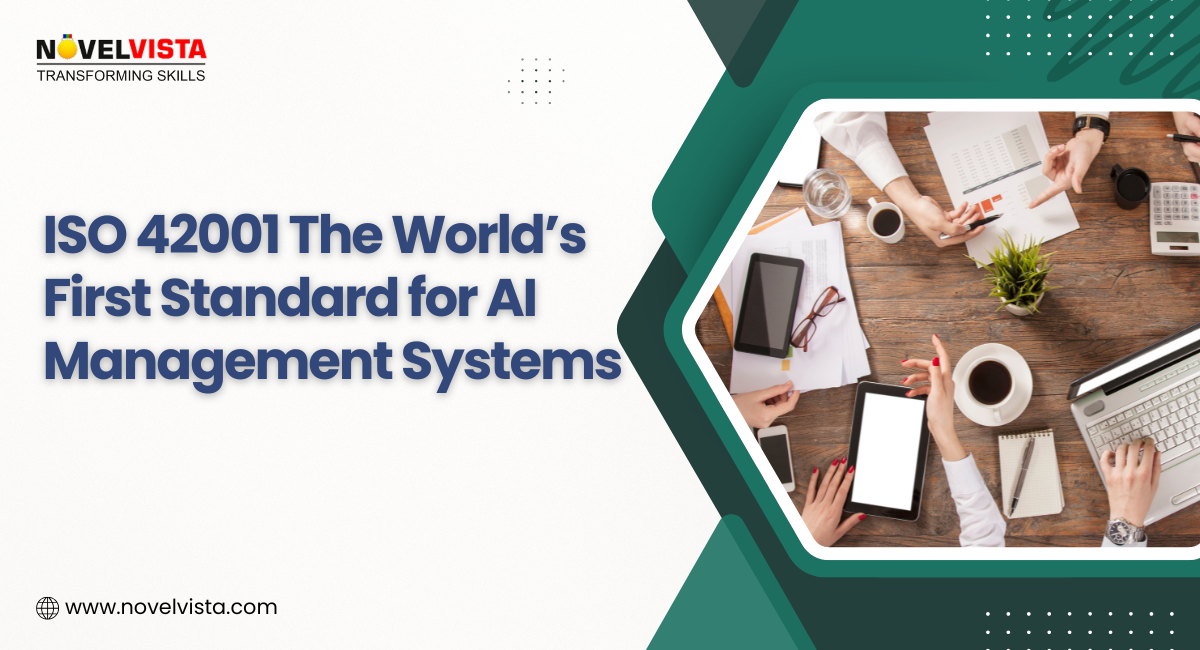
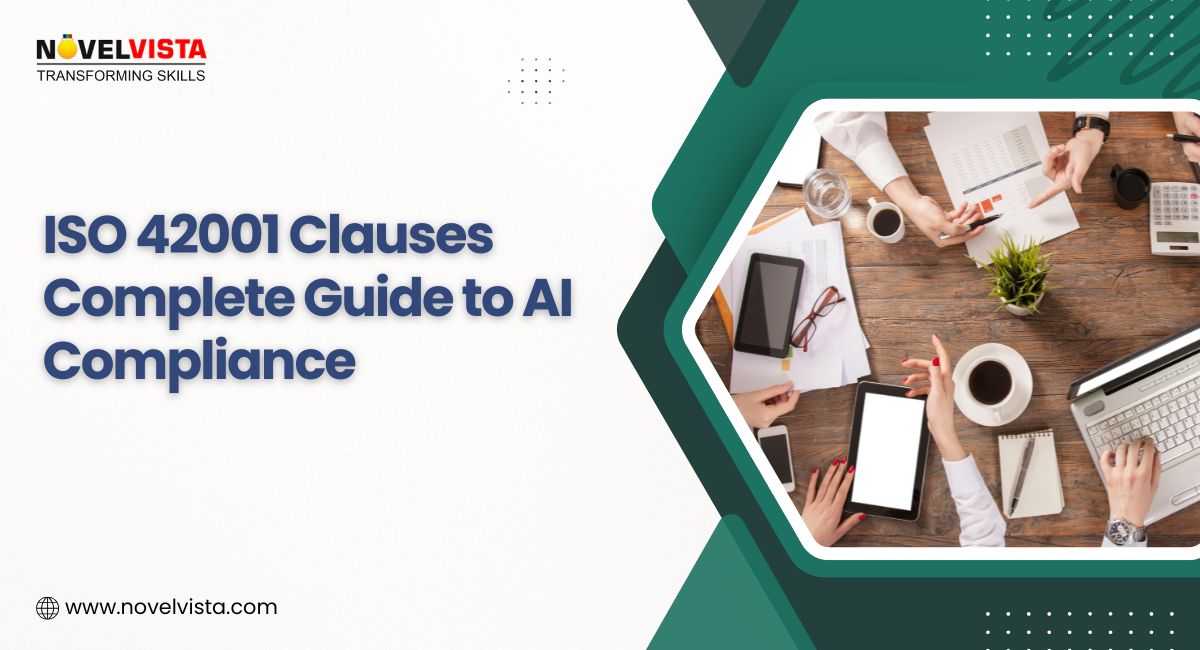
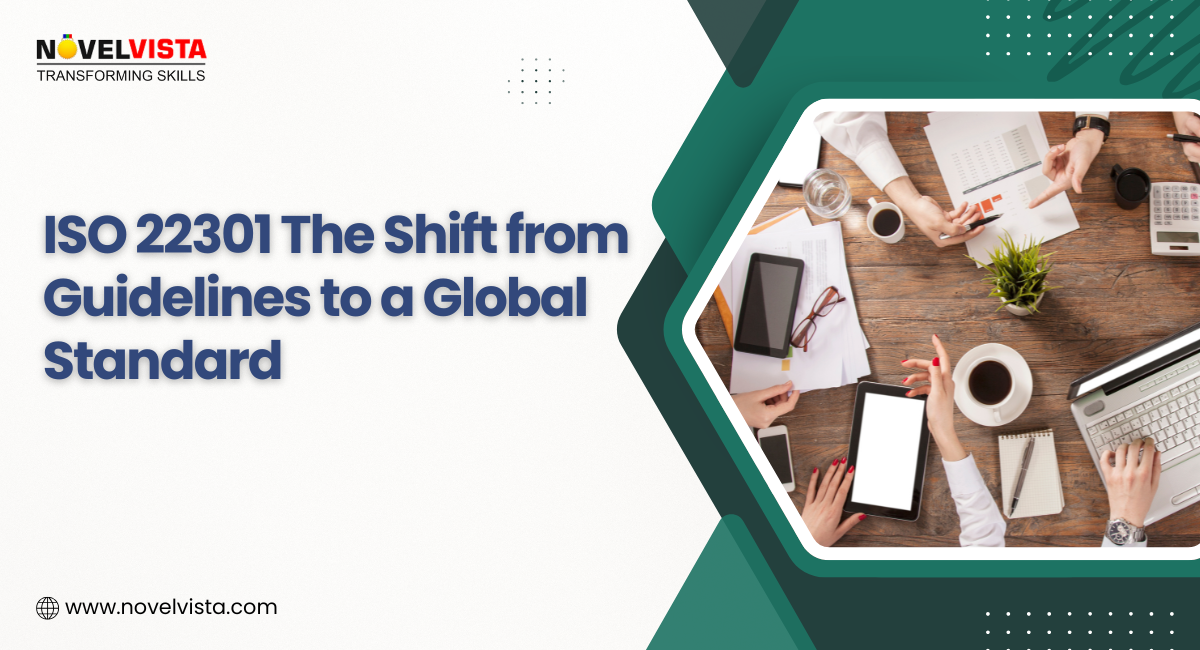




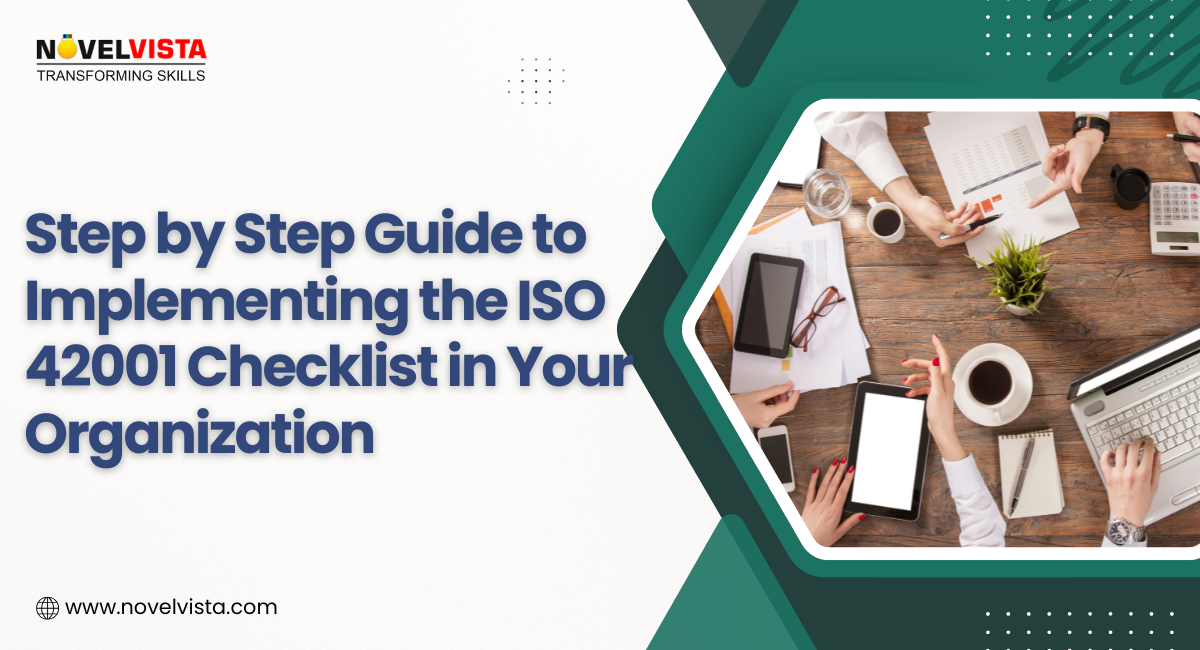

Write a comment ...